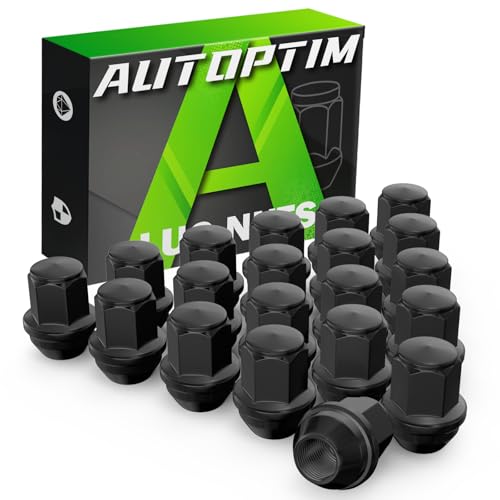steel? stainless steel? Look out, if you want to go trick check this out.
NICOPP
DOT APPROVED
FOR BRAKE AND GENERAL
AUTOMOTIVE APPLICATIONS
NiCopp® is a nickel-copper alloy brake tubing that meets SAE Standard J1047 and ISO 4038, meeting all international and U.S. requirements for brake tubing. This alloy is approximately 9.2% nickel, 1.4% iron, 0.8% manganese, and 88.6% copper. Under the UNS system, this alloy is designated as UNS C70600. NiCopp® therefore has the strength and structural integrity of steel lines, but with the added benefit of being much more corrosion resistant. NiCopp® is also easier to bend and form than steel tubing. Nickel-copper, commonly referred to as '90-10 copper', has been used on several European vehicle brake systems since the 1970's, including: Volvo, Audi, Porsche, and Aston Martin.
NiCopp® has been used on hydraulic/fluid transfer systems on vehicles where steel lines and tubing are commonly used. This includes brake, fuel and transmission systems. NiCopp® is considered the super-premium brand in brake lines and should be considered where the underbody of the vehicle is subjected to the harshest environments, where the longest life-span for lines is required, and/or where direct OEM replacement is desired.
• NiCopp® Does Not Rust or Corrode
• DOT Approved for Hydraulic Brake Systems
• Bends 58% Easier than Steel Tubing
• Available in Coils of 25', 50', and 100'
• Finished Lines Available for Domestic & Import
• Black Oxide Fittings 2X Corrosion Resistance
NiCopp® lines and tubing meet the following specifications:
SAEJ1047
ISO 4038
SAEJ1650
DIN 74234
BS2871




















































